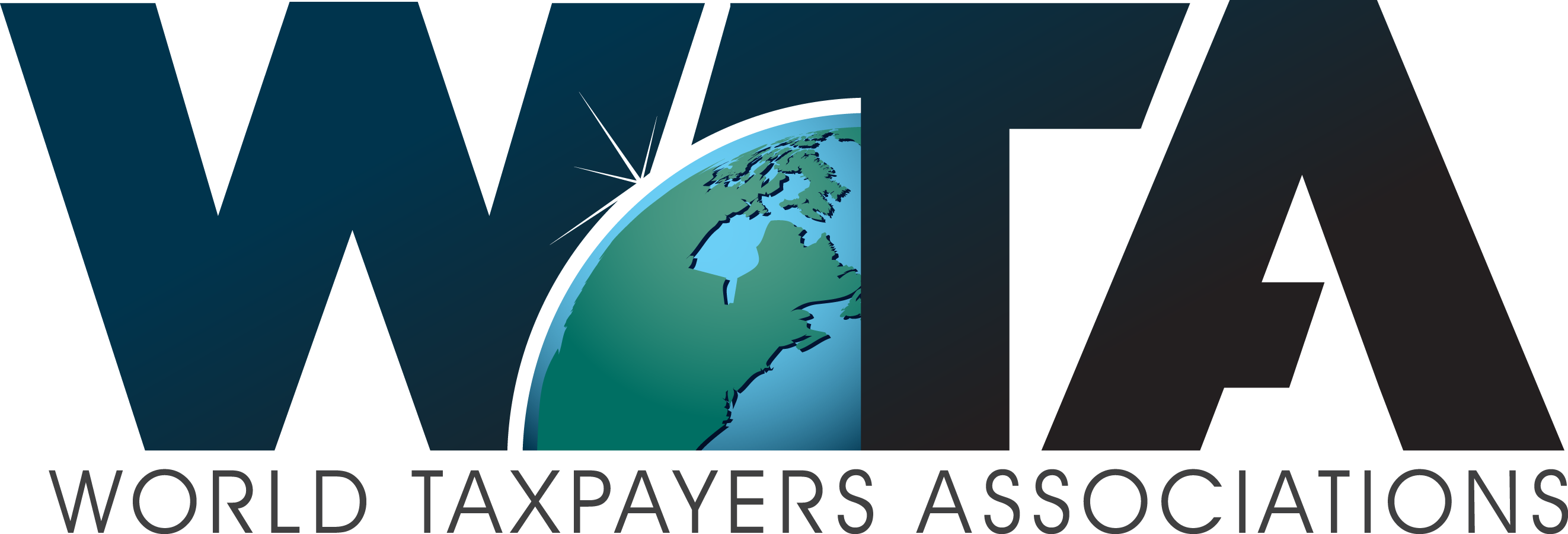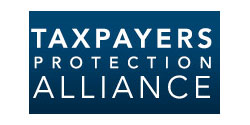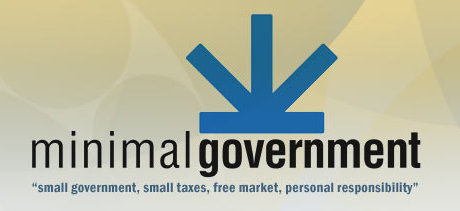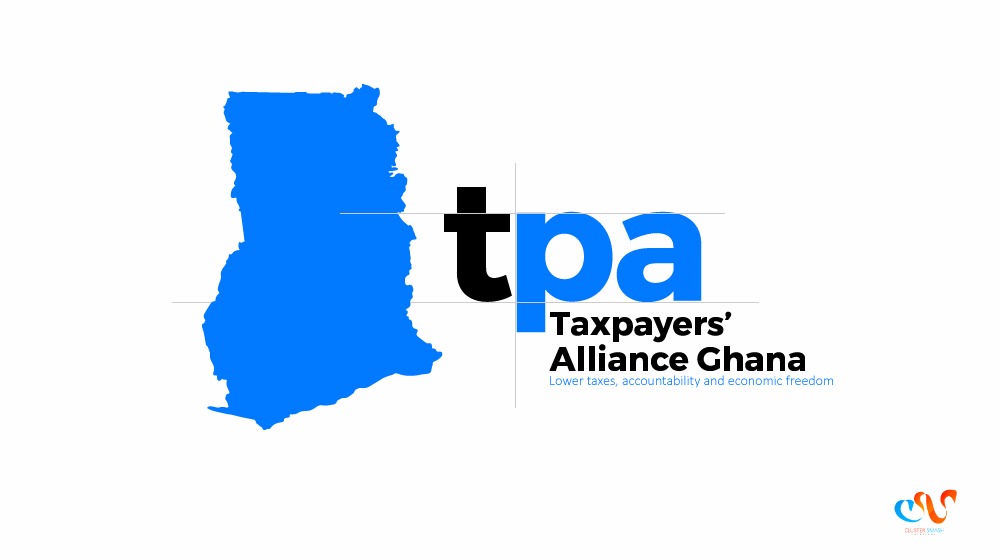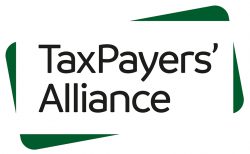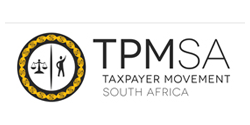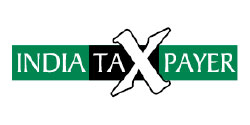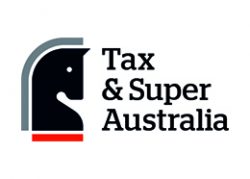Tax Freedom Day – Never Before Have German Taxpayers Faced a Higher Burden
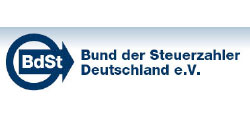
ONLY 45.4 CENT OF EVERY EURO REMAIN AT TAXPAYERS’ FREE DISPOSAL:
Today it is the German tax freedom day / Never before have German taxpayers faced a higher burden of taxes and public dues
Berlin – This year’s German tax freedom day (“Steuerzahlergedenktag”) is on July 19th. The tax freedom day represents how long companies and citizens as a whole have to work in order to pay the nation’s tax burden. From today on, statistically, people’s incomes go into their own wallet. Taking all taxes and public dues into account, the burden of the whole economy is expected to amount to 54.6% – the quota has never been this high! Thus, for every Euro earned only 45.4 Cent remains at citizens’ free disposal.
This high quota is mainly the result of hidden tax increases. The current positive development of incomes and wages has pushed taxpayers into higher and higher tax rates since the thresholds of the tax classes have not been properly adjusted. Wage increases push citizens into higher tax rates even if their real wages (after taking inflation into account) have not been increased. Due to this extraordinarily high burden for the taxpayers, the German taxpayer association calls for substantial tax cuts. These are the most pressing issues for the German taxpayers:
1. Reform of the income tax!
The middle-class in Germany is particularly heavily burdened by taxes and public dues. It is time for tax cuts to release middle-income household from this heavy burden. Skilled workers or well-payed employees have to pay the top tax rate without receiving top salaries. The top tax rate is already due if one’s income amounts to 1.3-times of the average income.
In order to realize substantial tax relief, the top tax rate should only be due for taxable incomes above 80,000 Euro and not like today above 54,000 Euro. Further, we demand that the income tax will be put on “wheels”. That is, to adjust the thresholds of the tax system annually according to inflation. Finally, tax rates should overall be reduced
2. Abolition of the so called “solidarity surcharge”!
The solidarity surcharge is both outdated and unconstitutional: After a quarter of a century, it is time to abolish it. The so-called solidarity surcharge was justified with the financial aid for the re-development of Eastern Germany. The surcharge needs to be abolished until the end of 2019 – a perfect time since the financial grants for Eastern Germany expire the same year. The state has also generated way more tax revenues with the solidarity surcharge than it has issued for the re-development of Eastern Germany: Even until the end of 2019, the state will have collected 58 Billion Euro more than used for financial grants. From a legal perspective, the surcharge is built on sand. That is why our association is lodging a complaint at the German Federal Constitutional Court. Now is the time starting to abolish the solidarity surcharge until 2019!
3. Tax cuts on housing!
Taxes and public dues are fueling high housing costs. Whether taxes on land, on transfers of land and property, on electricity or rising costs for public garbage disposal: the state is the main cause for high rents and property prices. Instead of burdening tenants, property owners and investors with more and more regulation and taxes, the state should finally lower the taxes on housing and utilities.
Background information – the German tax freedom day
The tax freedom day refers to the burden of taxes and public dues (also public social security contributions) but also to so-called quasi-taxes like dues for public broadcasting and renewable energy. The day is based on the taxpayer-burdening-quota, which is calculated by dividing the sum of all taxes and dues by the national income. The quota illustrates how much the state is burdening its citizens and companies.
